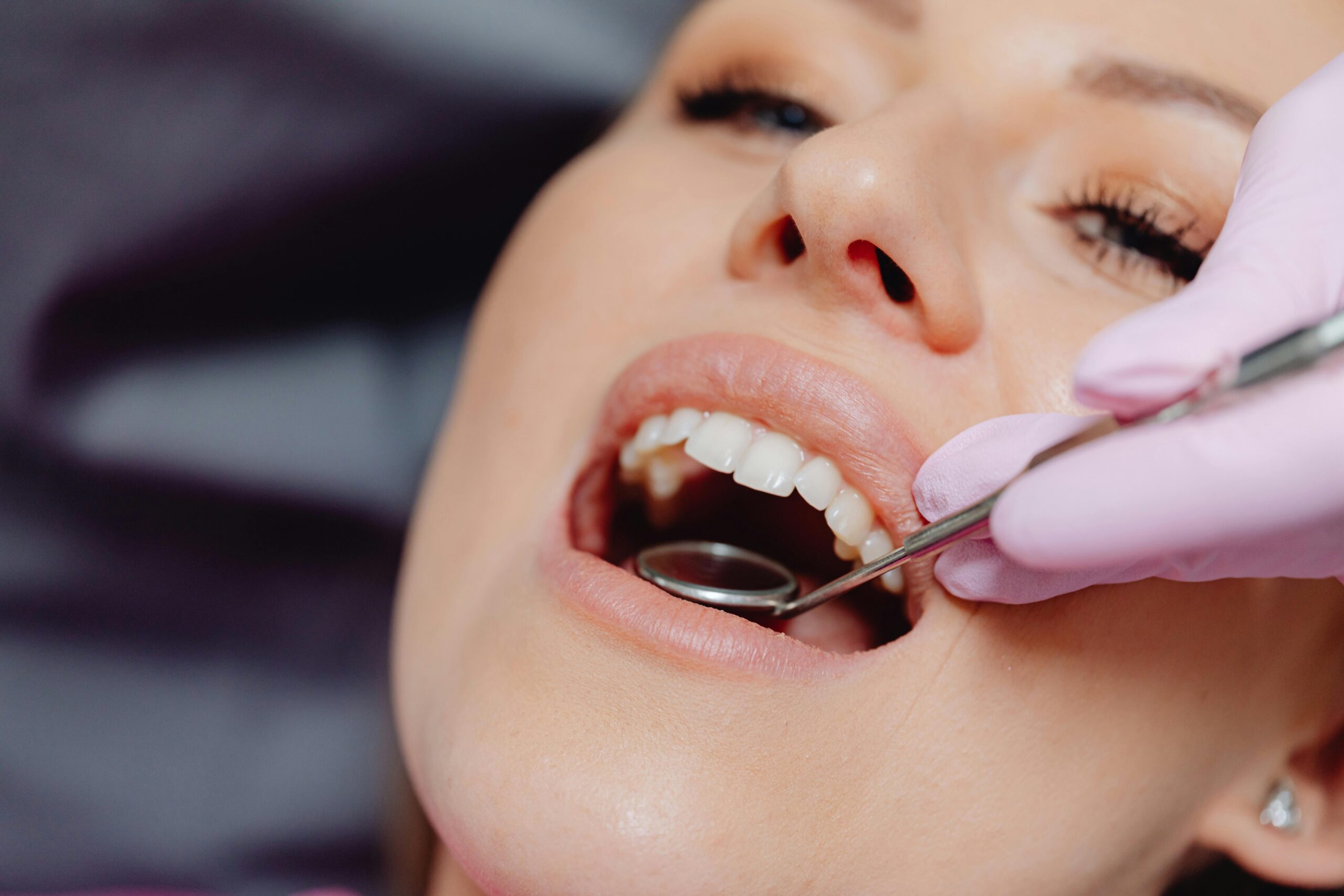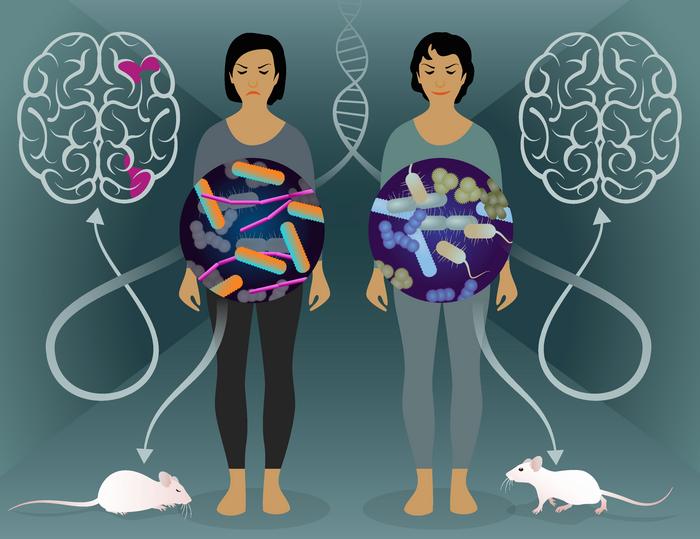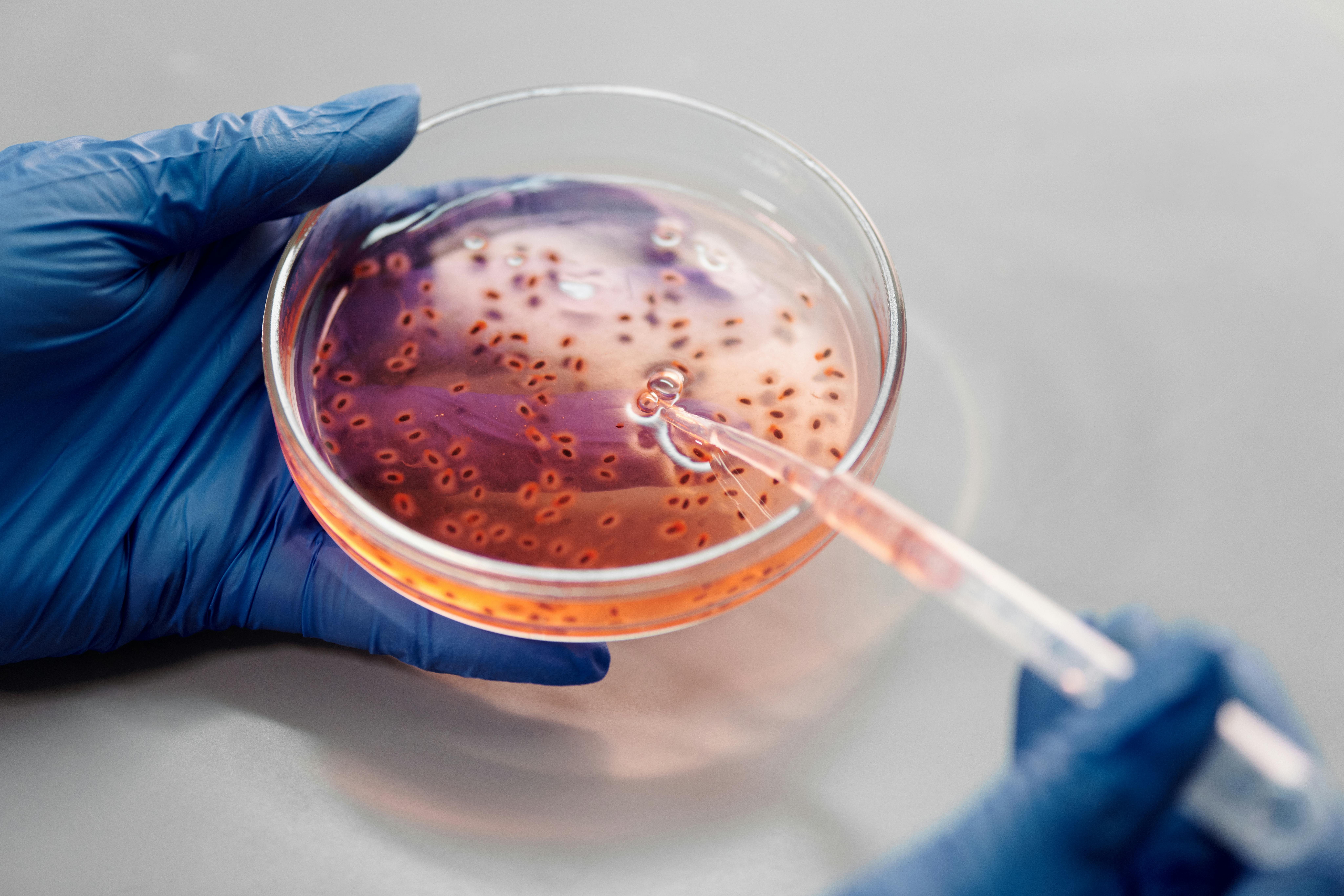gut bacteria

The Hidden Connection: How Oral Bacteria Signal Colorectal Cancer RiskJune 8, 2025

The Gut Feeling: Why Caribou Conservation Needs a Closer LookJune 8, 2025

Breakthrough: Scientists Pinpoint Specific Gut Bacteria That Kickstart MS-Like DiseaseJune 7, 2025

Is Your Child’s Gut Too Slow? New Study Reveals Hidden Diabetes RiskJune 5, 2025

Future of Infant Health? New Research Points to Gut Bacteria as Viral DefenseJune 5, 2025

Unlock Longer Life? The Surprising Link Between Your Gut and DNA HealthJune 4, 2025

Beyond Antibiotics: How a ‘Dream Team’ of Gut Bugs Could Stop Deadly InfectionsJune 4, 2025
